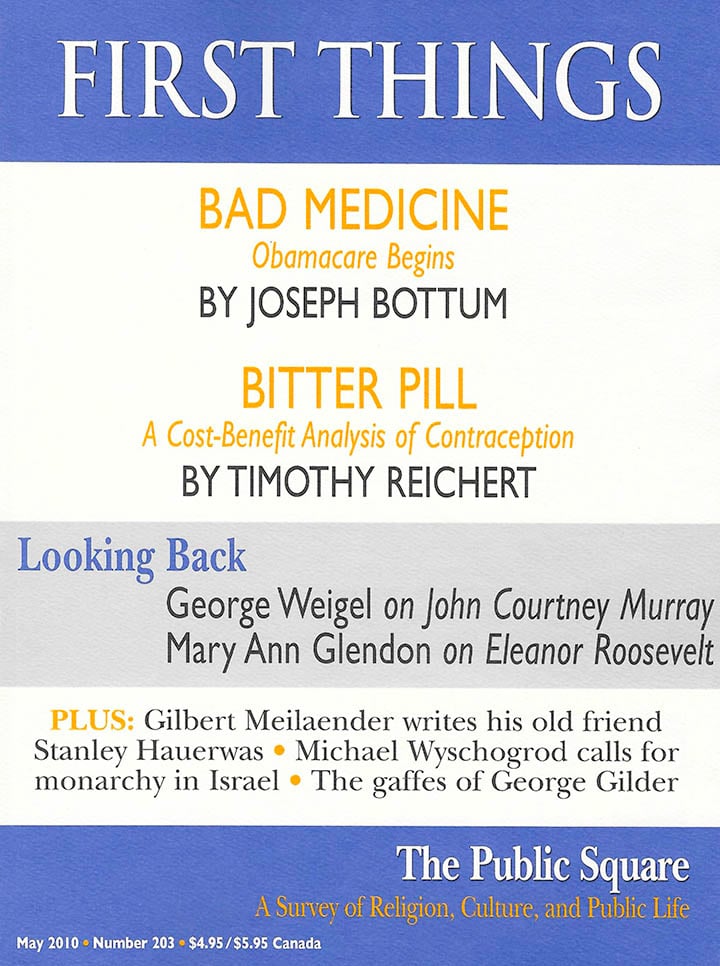What is Truth?
From the Academy to the Vatican
by John M. Rist
Cambridge University Press,
376 pages, $34.99
John Rist, known for his scholarly work on Augustine and Aristotle, brings his considerable intellectual skills to bear on a remarkable thesis: Catholicism, and nothing else, can offer a coherent anthropology and historical theory of culture.
Rist defends a rigorous sense of the development of doctrine, and of human understanding in general, through six thematic tropes: the incompleteness of the traditional sense of man’s status as imago Dei; rightly understanding freedom and divine justice in the face of original sin; our inadequate appreciation of the place of “beauty” in the theology of creation as well as ethics; the significance of the doctrinal, and therefore cultural, authority of the Catholic Church in relation to the state; the need for the languages of “rights” and “dignity” to interpenetrate and resuscitate each other; and, finally, the relation in general of Catholicism to modernity and the role of the papacy in historical development. Identifying the weaknesses of Orthodoxy (nationalist “Caesaropapism”) and Protestantism (anti-intellectual moralism), he argues that Catholicism alone orders the several senses of truth to “saving truth,” providing not only a doctrinal core for human culture, but a rich and holistic vision of the good of man. This is a book that will be much discussed in years to come, for good reason.

